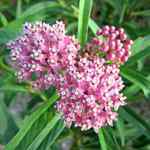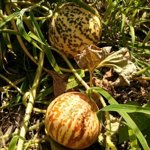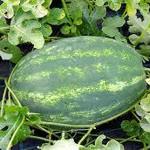FREE: Silk Cottonwood (Kapok) Tree seeds

A member of Listia gave this away for free!
Do you want FREE stuff like this?
Listia is 100% Free to use
Over 100,000 items are FREE on Listia
Declutter your home & save money

"Listia is like EBay, except everything is free" - Los Angeles Times

"An Awesome Way To Give And Get Free Stuff" - Michael Arrington, TechCrunch
This Stuff is Free Too:

FREE

FREE

FREE

FREE

FREE
The listing, Silk Cottonwood (Kapok) Tree seeds has ended.
This auction is for ten seeds harvested 2014.Ceiba pentandra Telugu: బూరుగ is a tropical tree of the order Malvales and the family Malvaceae (previously separated in the family Bombacaceae), native to Mexico, Central America and the Caribbean, northern South America, and (as the variety C. pentandra var. guineensis) to tropical west Africa. Kapok is the most used common name for the tree and may also refer to the cotton-like fluff obtained from its seed pods. The tree is also known as the Java cotton, Java kapok, silk-cotton or ceiba.
The tree grows to 70 m (230 ft.) with a trunk up to 3 m (10 ft.) in diameter with buttresses. The trunk and many of the larger branches are often crowded with large simple thorns. The palmate leaves are composed of 5 to 9 leaflets, each up to 20 cm (8 in) long. The trees produce several hundred 15 cm (6 in) pods containing seeds surrounded by a fluffy, yellowish fibre that is a mix of lignin and cellulose. One of the oldest known trees, at 200 years, lives in Miami, Florida.[2]
Uses
Kapok fibre is light, very buoyant, resilient, resistant to water, but it is very flammable. The process of harvesting and separating the fibre is labour-intensive and manual. It is difficult to spin, but is used as an alternative to down as filling in mattresses, pillows, upholstery, zafus, and stuffed toys such as teddy bears, and for insulation. It was previously much used in life jackets and similar devices until synthetic materials largely replaced the fibre. The seeds produce an oil, used locally in soap and that can be used as fertilizer.
The commercial tree is most heavily cultivated in the rainforests of Asia, notably in Java (hence its nicknames), Philippines, Malaysia, Hainan Island in China as well as in South America. The flowers are an important source of nectar and pollen for honey bees.
Silk Cottonwood (Kapok) Tree seeds is in the Home & Garden | Gardening | Gardening Seeds & Bulbs category

